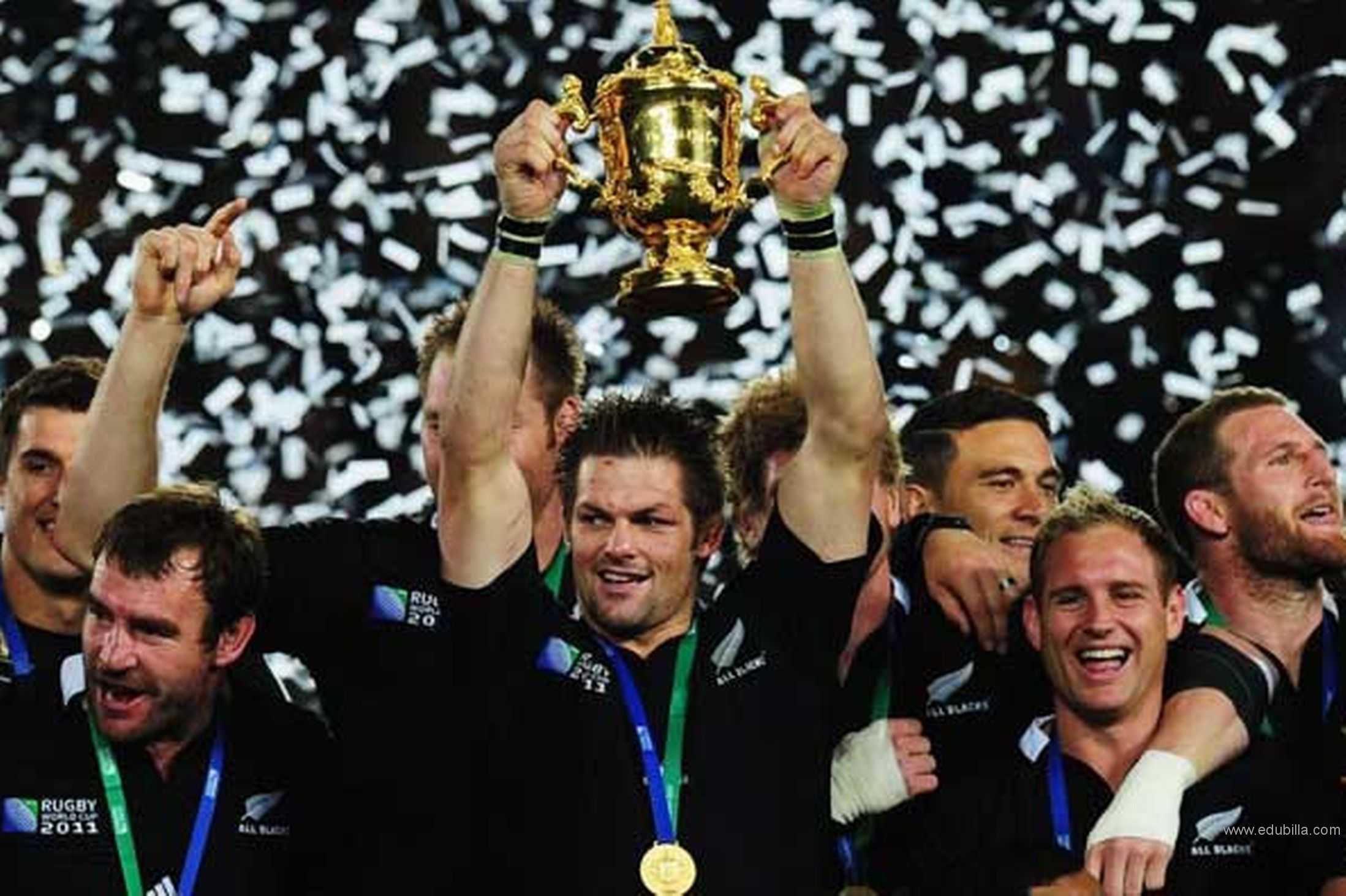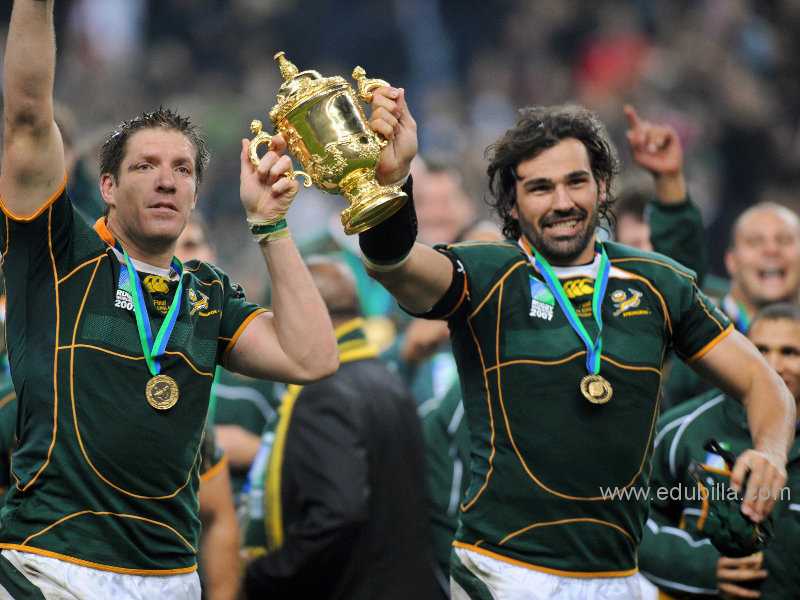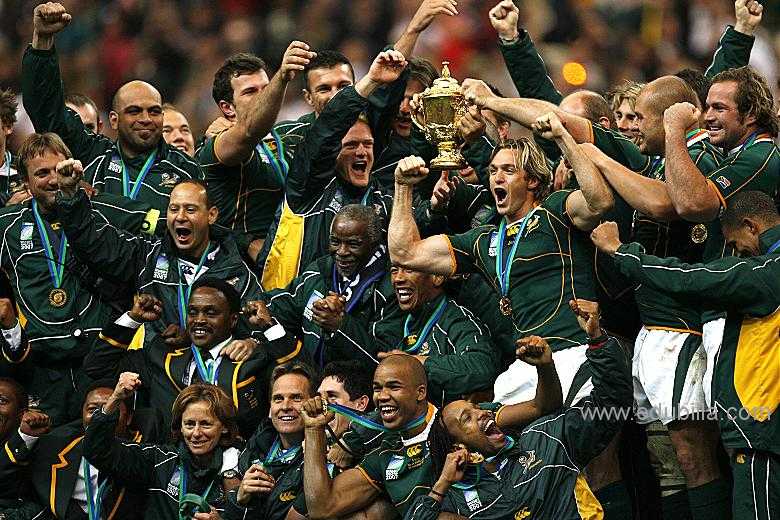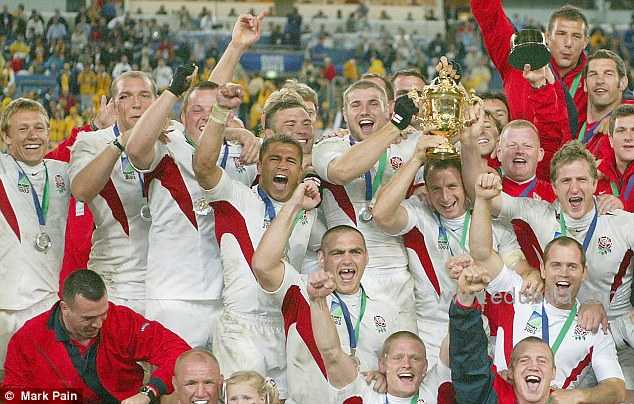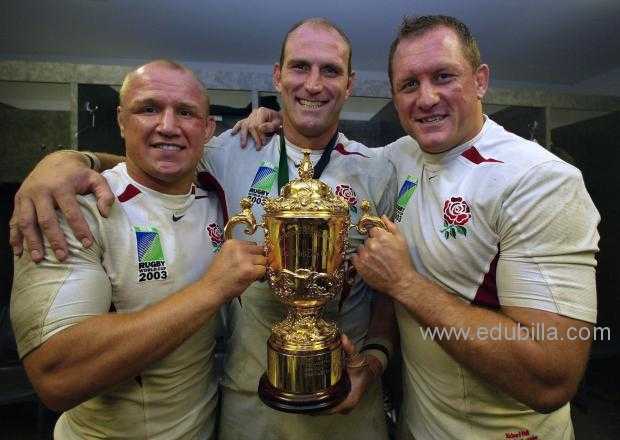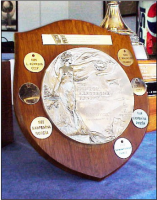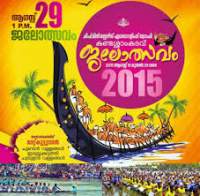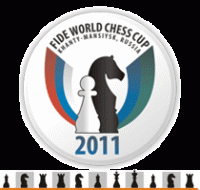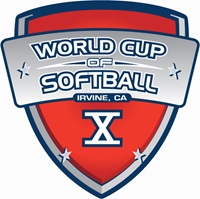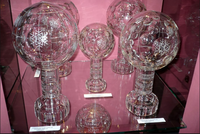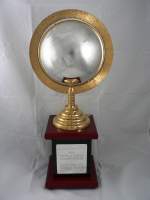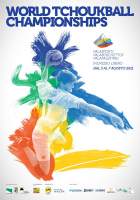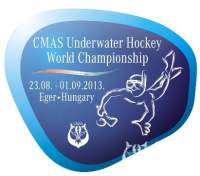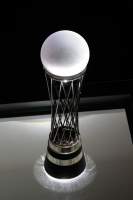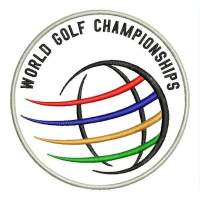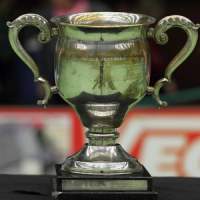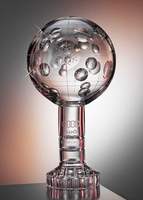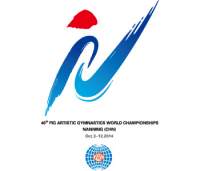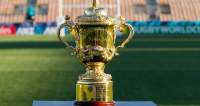
Webb Ellis Cup
History Of Webb Ellis Cup
The Webb Ellis Cup is the trophy awarded to the winner of the Rugby World Cup, the premier competition in men's international rugby union. The Cup is named after William Webb Ellis, who is often credited as the inventor of rugby football. The trophy is silver gilt and has been presented to the winner of the Rugby World Cup since the first competition in 1987. It has been held twice by New Zealand (1987 & 2011), Australia (1991 & 1999) and South Africa (1995 & 2007), and once by England in 2003.
The 38 centimetre trophy weighs 4.5 kg, is gilded silver and is supported by two cast scroll handles.On one handle there is a head satyr, on the other there is head of a nymph. On the face of the trophy, the words International Rugby Football Board and below that arch The Webb Ellis Cup are engraved.The Webb Ellis Cup is also referred to (incorrectly) as the "Webb Ellis Trophy" or colloquially as "Bill", a nickname coined by the 1991 Rugby World Cup winners, the Wallabies.
First Rugby World Cup:
John Kendall-Carpenter, former England forward and the organiser of the first Rugby World Cup and Bob Weighill, the secretary of the International Rugby Board also a former England forward, visited Garrard's, the crown jeweller in Regent Street, London. Director Richard Jarvis, brought the particular cup down from the vault and showed it to both of them.
It was chosen for use in February 1987. Ronnie Dawson of Ireland, Keith Rowlands of Wales, Bob Stuart and Dick Littlejohn of New Zealand and the Australians Nick Shehadie and Ross Turnbull approved of the choice of the trophy.
It was soon named "The Webb Ellis Cup". New Zealand become the first nation to win the Webb Ellis Cup when they won the 1987 Rugby World Cup. The Webb Ellis Cup has been held by four nations; New Zealand, Australia, South Africa and England.
Webb Ellis Cup Archieve
1987-New Zealand national rugby union team:
New Zealand hosted and won the inaugural World Cup in 1987 beating France 29–9 in the final at Eden Park, Auckland. New Zealand conceded only 52 points and scored 43 tries in six games en route to the title, beating Italy, Fiji, Argentina, Scotland, Wales and France
1991-Australia national rugby union team:
Australia have competed in all seven Rugby World Cups, and have won the World Cup on two occasions, in 1991 against England, and in 1999 against France. Australia also lost in the final after extra time to England in the 2003 competition.Australia are governed by the Australian Rugby Union (ARU). Eleven former Australian players have been inducted into either the International Rugby Hall of Fame or the IRB Hall of Fame. Three are members of the International Hall only, four are members of the IRB Hall only (one of whom was recognised for non-playing accomplishments in the sport), and four are members of both Halls of Fame.
1995-South Africa national rugby union team:
The team made its World Cup debut in 1995, when the newly democratic South Africa hosted the tournament. The Springboks defeated the All Blacks 15–12 in the final, which is now remembered as one of the greatest moments in South Africa's sporting history, and a watershed moment in the post-Apartheid nation-building process. As a result of the 2007 World Cup tournament the Springboks were promoted to first place in the IRB World Rankings, a position they held until July the following year when New Zealand regained the top spot. They were named 2008 World Team of the Year at the Laureus World Sports Awards.
1999-Australia national rugby union team:
In the 1999 World Cup Australia won their pool and conceded only 31 points before facing Wales in their quarter final. They won 24–9 before winning the semi-final 27–21 against defending champions South Africa. The semi-final was won after a memorable drop goal in extra time by fly-half Stephen Larkham (his first drop goal attempt in a Test match). The final against France at Millennium Stadium was easily won by 35–12; with the majority of points courtesy of fullback and goal-kicker Matt Burke.
In 1999, five Australian players won their second Rugby World Cup: Phil Kearns, John Eales, Tim Horan, Jason Little and Dan Crowley.
2003-England national rugby union team:
The England national male rugby union team represents England in rugby union. They compete in the annual Six Nations Championship with France, Ireland, Scotland, Italy, and Wales. They have won this championship on 26 occasions, 12 times winning the Grand Slam, making them the joint most successful team in the tournament's history. They are ranked fourth in the world by the International Rugby Board as of June 2014. England won the Rugby World Cup in 2003 and were runners-up in 1991 and 2007.
2007-South Africa national rugby union team:
The team made its World Cup debut in 1995, when the newly democratic South Africa hosted the tournament. The Springboks defeated the All Blacks 15–12 in the final, which is now remembered as one of the greatest moments in South Africa's sporting history, and a watershed moment in the post-Apartheid nation-building process. As a result of the 2007 World Cup tournament the Springboks were promoted to first place in the IRB World Rankings, a position they held until July the following year when New Zealand regained the top spot. They were named 2008 World Team of the Year at the Laureus World Sports Awards.
2011-New Zealand national rugby union team:
The 2011 Rugby World Cup was the seventh Rugby World Cup, a quadrennial international rugby union competition inaugurated in 1987. The International Rugby Board (IRB) selected New Zealand as the host country in preference to Japan and South Africa at a meeting in Dublin on 17 November 2005. The tournament was won by New Zealand, who defeated France 8–7 in the final.The defending champions, South Africa, were eliminated by Australia 11–9 in the quarter-finals.The result also marked the third time that the tournament was won by the country that hosted the event(following New Zealand in 1987 and South Africa in 1995)
2012-New Zealand national rugby union team:
The 2012 Rugby Championship was the inaugural annual rugby union series between the national rugby union teams of New Zealand, Australia, South Africa, and Argentina.For sponsorship reasons, the competition was known as The Castle Rugby Championship in South Africa, The Investec Rugby Championship in New Zealand, The Castrol Edge Rugby Championship in Australia and The Personal Rugby Championship in Argentina.
The 2012 Rugby Championship kicked off on 18 August with New Zealand defeating Australia and finished on 6 October. Each team played the other twice on a home and away basis. The inaugural Championship was won by New Zealand
2013-Australia national rugby union team:
New Zealand were the defending champions, having defeated Australia in 2008. Australia won the tournament, beating New Zealand 34–2 in the final to lift the Rugby League World Cup for the tenth time.
2104-England women's national rugby union team:
The England women's national rugby union team are a national sporting side of England, representing them at rugby union. The side first played in 1982.
England topped the table in Pool A of the 2014 World Cup after a 10-try win over Samoa and a 45-5 victory over Spain, before they drew with Canada in the final fixture of the pool. Thanks to a superior points difference they topped the pool and faced a semi-final against Ireland.
Most Popular Trophies
